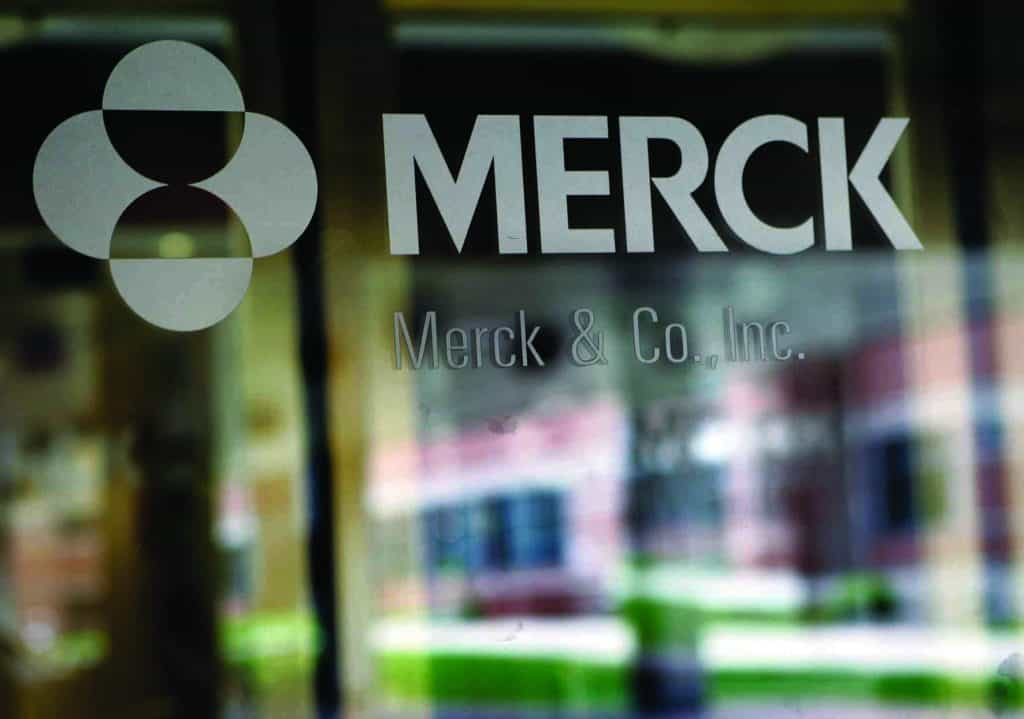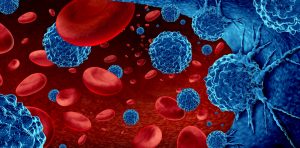
Merck’s melanoma vaccine impresses
pharmafile | November 19, 2013 | News story | Research and Development, Sales and Marketing | MK-3475, Merck, Roche, melanoma
Merck has posted impressive results for its new melanoma vaccine MK-3475 as it looks to vie for a place in the emerging skin cancer market.
The oncology treatment kept more than four of five melanoma patients alive for a year during the study, including some who were very late-stage and had tried all other medical options.
The research, which was presented at the International Congress of the Society for Melanoma Research in Philadelphia, found 41% responded to treatment and 9% showed evidence of the tumour disappearing.
While the improvement emerged within three months for most patients, several responded more than six months later.
The results provide the first look at overall survival among 135 patients taking the drug, and add five more months of data to the company-funded study published in the New England Journal of Medicine in the summer.
The treatment is from a new class of medicines known as PD-1 inhibitors that uses the body’s immune system to attack cancer.
Merck is researching MK-3475 in more than 3,000 patients in cancer types that include lung, bladder, breast and colorectal tumours.
If approved, the treatment will compete with Bristol-Myers Squibb’s Yervoy (ipilimumab) which was the world’s first melanoma vaccine to see approval in 2011. It is expected to reach blockbuster sales of more than $1 billion at its peak.
Merck’s latest study found similar response rates in patients previously treated with Yervoy, which could be a good indicator for its future success.
A number of other treatments have also hit the market in recent years, including Roche’s Zelboraf (vemurafenib) along with GlaxoSmithKline’s two pills Tafinlar and Mekinist, which saw approval earlier this year.
These drugs are all separately expected to make around $500 – $700 million each at their peak.
Both BMS and Roche have similar PD-1 inhibitor treatments in development but GSK does not have anything similar in its pipeline, and recently announced the failure of its attempt at a melanoma vaccine in MAGE-A3.
Only around 20% of melanoma patients are alive after five years (which is seen medically as a cure) but this is starting to improve as new medicines take effect.
Before the advent of these new medications in recent years melanoma was poorly treated with just chemotherapy, and no new advances were registered since the 1970s.
But the rate of the disease has been growing exponentially as more people are being exposed to higher rates of UV radiation from the Sun – the main culprit in melanoma – meaning new treatments are needed and potentially highly lucrative.
Melanoma itself is one of the most aggressive types of solid cancers and tends to kill more men than women, although women are more prone to the disease.
Ben Adams
Related Content

Roche’s Alecensa approved by FDA as lung cancer treatment
Roche has announced that the US Food and Drug Administration (FDA) has approved Alecensa (alectinib) …

Genentech’s Columbi meets primary endpoint in phase 3 trial for lymphoma treatment
Genentech, part of the Roche Group, has announced that its phase 3 STARGLO trial has …

TILT Biotherapeutics shares data on TILT-123 with Keytruda for ovarian cancer treatment
TILT Biotherapeutics has announced promising preliminary safety and efficacy data from its ongoing phase 1 …







